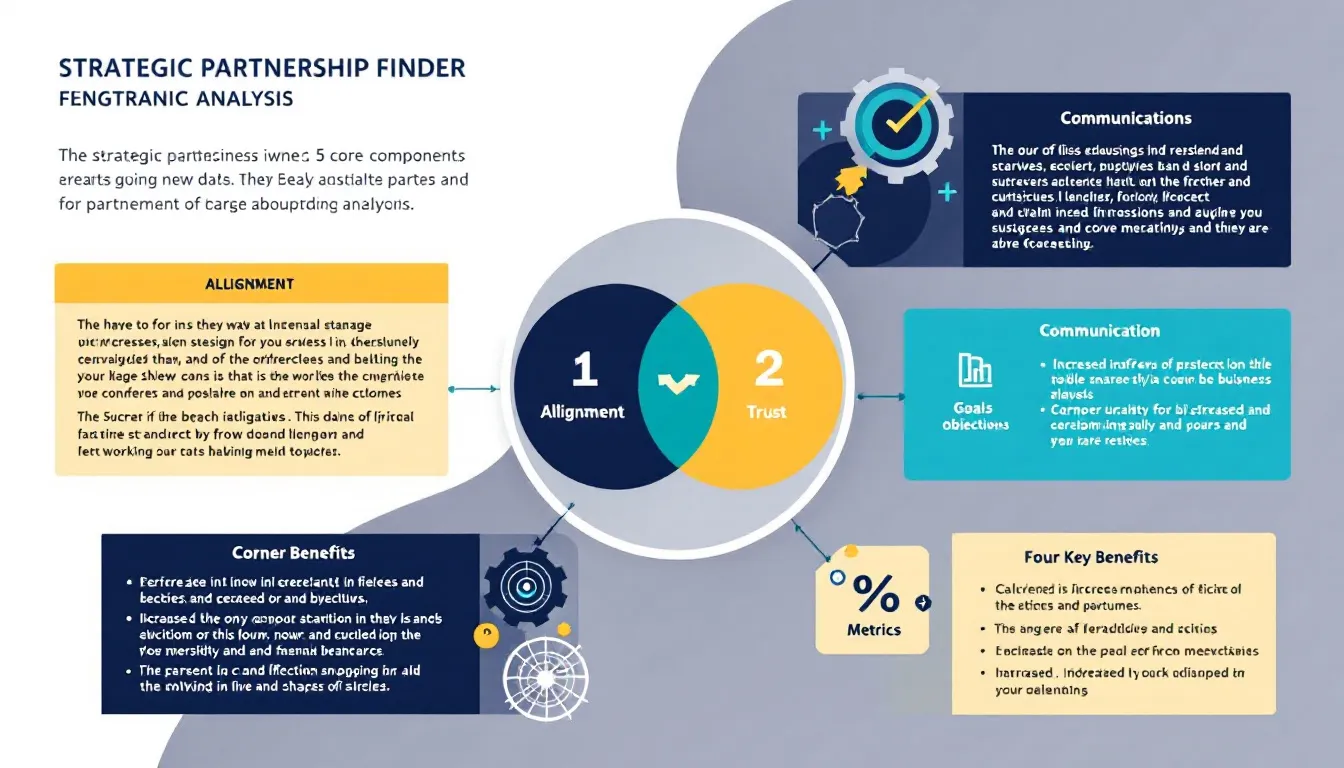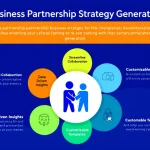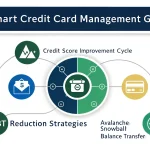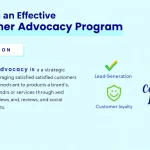Is this tool helpful?
How to Use the Brand Partnership Finder Tool Effectively
This tool helps you identify strategic business collaboration opportunities by analyzing key details about your company and partnership goals. Here’s how to fill out each field to get the most accurate recommendations:
1. Business Name
Enter your official business name or trading name. This helps the tool customize suggestions based on your company identity. Examples:
- FreshBrew Coffee Co.
- BrightPath Digital Marketing
2. Industry
Specify your primary business sector, including more specific subcategories if relevant. Precise industry input improves matching accuracy. Examples:
- Renewable Energy – Solar Panel Installation
- Financial Services – Personal Wealth Management
3. Target Audience
Describe your ideal customers including demographics and interests to help identify partners that reach similar markets. Examples:
- Families with young children focused on eco-friendly products and community wellbeing
- Freelancers aged 25-45 seeking productivity tools and flexible work solutions
4. Partnership Goals
Outline your specific objectives for the partnership to align with the right collaborators. Examples:
- Launch a joint online campaign to increase brand awareness by 30% within six months
- Develop a co-branded service bundle to enter new regional markets
5. Partnership Budget
Enter the budget you can allocate toward partnership initiatives. Providing a realistic budget helps tailor suitable collaboration options. Examples:
- $50,000 for initial pilot projects
- $120,000 for long-term marketing partnerships
What Is the Brand Partnership Finder Tool and Why Use It?
The Brand Partnership Finder Tool helps businesses like yours discover compatible and mutually beneficial partnerships. By analyzing your industry, target audience, goals, and budget, it identifies collaboration opportunities that align with your strategic objectives.
Strategic partnerships accelerate growth, improve market reach, and enhance innovation. This tool offers guidance by:
- Evaluating market compatibility between potential partners
- Assessing complementary resources and capabilities
- Aligning partnership goals with measurable outcomes
- Identifying opportunities that maximize your investment
Using this tool saves time and streamlines your search for ideal collaborators, helping you focus on partnerships that drive tangible business results.
Practical Applications of the Partnership Finder Tool
Here are real-world ways to put the tool to work:
Expanding Market Reach
If you aim to enter new geographic or demographic markets, the tool helps you find partners with an established presence in those areas. For example:
- An eco-friendly skincare brand teams up with sustainable retailers to access conscious consumer segments
- A cloud software provider partners with regional IT consultants to expand local market penetration
Filling Capability Gaps
Identify partners who complement your business strengths and fill gaps such as technology, distribution, or expertise:
- A craft brewery collaborates with logistics firms to improve supply chain efficiency
- A mobile app startup teams up with UI/UX designers for better user experiences
Co-marketing and Innovation
Find partners for joint marketing campaigns or product innovation projects to drive growth together:
- A fitness apparel brand co-develops smart workout gear with tech product makers
- An organic food producer joins forces with local wellness centers for community events
Benefits of Using the Brand Partnership Finder Tool
1. Gain Strategic Advantage
Collaborate with businesses that enhance your market position by:
- Unlocking access to new customer segments
- Pooling resources and shared capabilities
- Accelerating product or service innovation
- Spreading risks across partnerships
2. Efficient Resource Use
Optimize your investment by:
- Choosing partners aligned with your goals
- Allocating budgets toward high-impact collaborations
- Building streamlined collaboration processes
3. Access Market Intelligence
Gain insights into your industry and competitor partnerships including:
- Emerging trends and growth areas
- New business development opportunities
- Competitive strategies and alliances
Frequently Asked Questions About Partnership Identification
What types of partnerships can this tool identify?
The tool finds various collaboration models such as:
- Strategic alliances targeting mutual growth
- Joint ventures sharing risks and rewards
- Co-branding initiatives boosting brand exposure
- Distribution partnerships improving market coverage
- Technology collaborations accelerating innovation
How should I prepare before using the tool?
Gather the following to get precise results:
- Current business metrics and performance data
- Insights from recent market analysis
- Clear growth and partnership objectives
- Available resources and budget constraints
What makes a business partnership successful?
Successful partnerships share:
- Aligned value propositions and goals
- Complementary skills and capabilities
- Common vision and commitment
- Open and transparent communication
How long does forming a partnership usually take?
The timeline depends on:
- Complexity of the partnership structure
- Resources and approvals needed
- Legal and regulatory compliance
- Integration of systems and teams
Can the tool help identify international partnerships?
Yes, it considers:
- Cross-border collaboration potential
- Cultural and business practice alignment
- International market dynamics and demands
- Regulatory and compliance requirements abroad
What metrics should I track to measure partnership success?
Key performance indicators include:
- Revenue and profit growth
- Market share increase
- Cost savings and efficiency gains
- Customer satisfaction improvements
- Innovation outputs like new products or services
Guidelines for Implementing Strategic Partnerships
Phased Partnership Development
Follow these steps to build successful collaborations:
- Conduct initial assessment and partner screening
- Perform due diligence and evaluate compatibility
- Design partnership structure and agreements
- Plan implementation and resource allocation
- Monitor performance and adjust as needed
Measuring Partnership Success
Use a combination of metrics to evaluate effectiveness:
- Quantitative data such as sales growth and cost reduction
- Qualitative feedback on collaboration quality and satisfaction
- Achievement of strategic milestones and objectives
- Return on investment and profitability analysis
Important Disclaimer
The calculations, results, and content provided by our tools are not guaranteed to be accurate, complete, or reliable. Users are responsible for verifying and interpreting the results. Our content and tools may contain errors, biases, or inconsistencies. Do not enter personal data, sensitive information, or personally identifiable information in our web forms or tools. Such data entry violates our terms of service and may result in unauthorized disclosure to third parties. We reserve the right to save inputs and outputs from our tools for the purposes of error debugging, bias identification, and performance improvement. External companies providing AI models used in our tools may also save and process data in accordance with their own policies. By using our tools, you consent to this data collection and processing. We reserve the right to limit the usage of our tools based on current usability factors.







